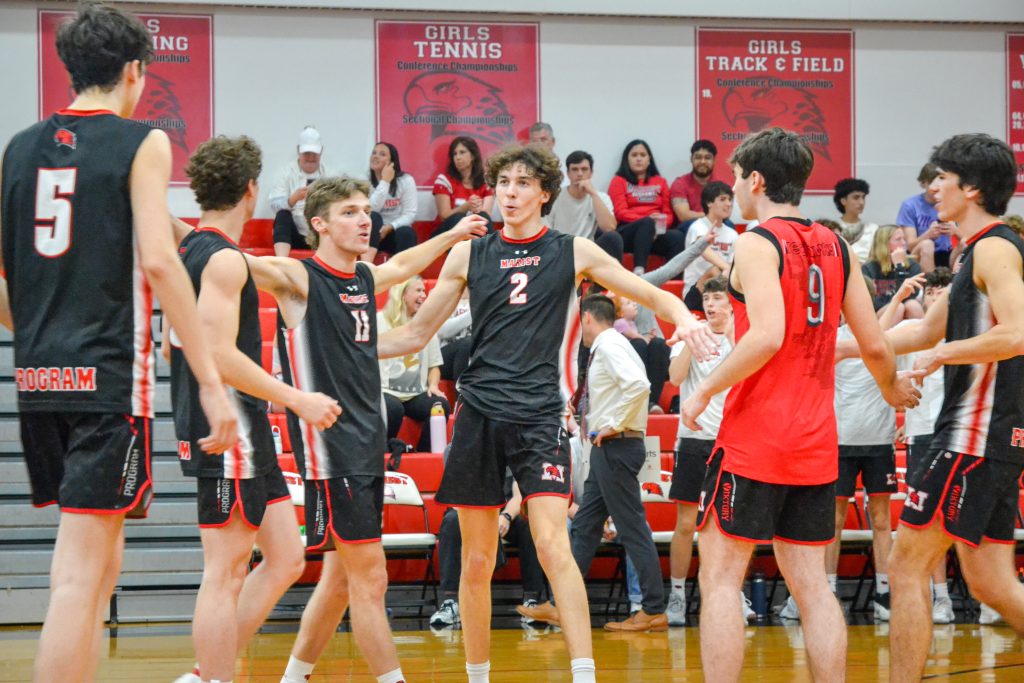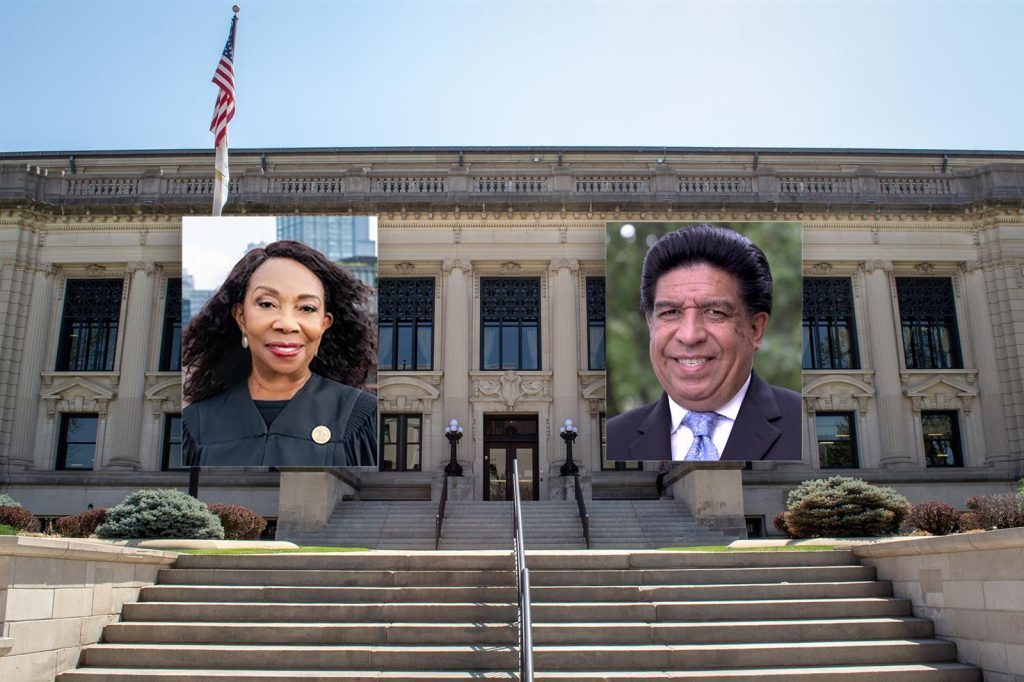
Candidate Q&A: Cunningham, Reyes make pitch for Supreme Court seat
Compiled by Capitol News Illinois
There’s one contested primary for an Illinois Supreme Court seat on the March 19 ballot, with appointed incumbent Justice Joy Cunningham facing challenger and 1st District Appellate Court Justice Jesse Reyes.
The 1st District race is for one of three Cook County seats and one of seven spots on the high court. Reyes sat for an interview with Capitol News Illinois, while Cunningham declined, citing scheduling issues as the court was in session.
Below are Reyes’ responses from the interview, along with Cunningham’s written responses to a questionnaire submitted by CNI. Some answers have been abridged for length.
1: Why should you be retained/elected to the high court?
CUNNINGHAM: In terms of the qualities that most distinguish me in this race, and why I should be retained is because of my unwavering commitment to upholding the rule of law, promoting equal justice for all, and advocating for the rights and liberties of every individual. Throughout my career, I have demonstrated a deep understanding of complex legal issues, a dedication to serving the public interest, and a track record of integrity and impartiality. Additionally, my experience as an Appellate Court Justice, coupled with my commitment to community engagement and advocacy, uniquely position me to continue to make a meaningful and positive impact on the Illinois Supreme Court.
I also have broad and diverse support for my candidacy, reflecting my qualifications, experience, and commitment to justice. By effectively communicating this support to voters and highlighting the qualities that distinguish me in this race, inspires confidence and trust in my ability to continue to serve on the Illinois Supreme Court.
By highlighting the breadth and diversity of support I’ve received, it showcases the widespread recognition of my capabilities and the trust placed in me to uphold the principles of justice and fairness as I have during the years that I have served in three different court systems.
The respect of my peers is reflected that I was honored to be the first black woman President of the Chicago Bar Association, the nation’s largest municipal bar association. Founded in 1874, the CBA has more than 20,000 members and I am proud that I am the only past president of the CBA to serve on the Illinois Supreme Court.
I should be retained because during my time serving as an Illinois Supreme Court Justice, I have strived to ensure that every decision rendered reflects a deep respect for the principles of fairness, impartiality, and equal protection under the law. Contributing to legal precedents that promote justice, protect individual rights, and strengthen the legal framework of our state is a source of immense pride.
REYES: One of the reasons why I believe that I belong on the state high court is because I’ve always had a progressive view towards creating access to justice. I believe that as public servants, we need to work on and off the bench to provide justice to the public.
That’s what I bring. That’s what I’ve been bringing in terms of my 27 years of experience on the bench and also as a lawyer. I was always committed to try to provide access to justice to people… whether it’s representing somebody in the courtroom or presiding over a case. That is something that I’ve always been cognizant of, is the fact that we need to provide access to justice to people regardless of what the situation is, regardless of if they’re represented or not.
One prime example is when I was in the mortgage foreclosures in the chancery division. When we first started, we were all novices. Particularly myself, I didn’t know anything about foreclosures. I didn’t handle real estate closings or anything like that when I was a practicing lawyer. So, I became a student of the statute. And I realized that the statute was very complicated. Of course, for average people, they weren’t going to be able to understand what the statute required them to bring to court or what the other side, the lenders’ attorneys needed to provide…
So I established a program to help level the playing field between the pro se litigants because most of the situations, the people that were coming in on a default call were individuals that couldn’t afford attorneys, and so they came in and they represented themselves … We made sure that the playing field between the attorney and the pro se litigants was even, fair. And as a result of it, I think we were able to help a lot of individuals save their homes.
I believe that even though I was doing it on the bench, I was also doing it off the bench because we were going around the county, providing public forums and informing people what they needed to bring to court, what services were available to them – if they couldn’t afford an attorney, there was a lot of not-for-profit organizations.
We’re helping out people in those situations. Just keep in mind that at the height of the crisis … we had over 80,000 foreclosures in Cook County. Cook County was the second-highest geographic area where there was foreclosures in the country. Detroit was number one, and then Cook County was number two.
I thought it was important to make sure that individuals who couldn’t afford attorneys had an opportunity. And that’s kind of an example of what I bring to the Supreme Court, is an active view in terms of ‘how do we provide access to justice?’ And that’s what I’ve always striven to do in my entire career.
Question 2: How would you describe your judicial philosophy?
CUNNINGHAM: My judicial philosophy mirrors that of what the symbol of justice herself represents. This symbol is depicted as a blindfolded woman holding scales and is an iconic representation of the principles of fairness, impartiality, and objectivity in the administration of justice. The blindfold has several symbolic meanings that have evolved over centuries and are deeply rooted in the ideals of the legal system.
The blindfold serves as a powerful visual metaphor, conveying the idea that justice should be blind to the identities, appearances, and statuses of the individuals who seek it. And by the same theory should be blind as to who are the justices that administer it.
The blindfolded depiction of Lady Justice is a powerful reminder of the core values that underpin the legal system. It serves as a symbol of hope that justice will prevail when guided by principles of impartiality, objectivity, and fairness, upholding the rights and dignity of all individuals who come before the courts.
There are several key reasons why Lady Justice, the personification of justice, is often portrayed blindfolded:
Impartiality: By wearing a blindfold, Lady Justice signifies that justice should be administered without bias, favoritism, or prejudice. It emphasizes the idea that everyone, regardless of their status, wealth, race, or any other characteristic, should receive fair treatment before the law.
Equality: By obscuring her eyes, Lady Justice underscores the principle of equal treatment under the law. Regardless of a person’s race, gender, religion, social status, or wealth, justice should be administered with an even hand, ensuring that everyone is subject to the same legal standards.
Objectivity: The blindfold symbolizes that justice should be blind to external influences, emotions, or personal beliefs. Judges and the legal system should base their decisions solely on the facts, evidence, and applicable laws, without being swayed by any outside factors.
Lack of Prejudgment: By covering her eyes, Lady Justice demonstrates that she is not influenced by appearances or preconceived notions. This ensures that judgments are based on the merits of the case and not on assumptions or stereotypes.
Independence: By concealing her eyes, Lady Justice emphasizes the independence of the judiciary. Judges and courts should be free from external pressures and influences, allowing them to make unbiased decisions in the pursuit of justice.
Focus on Evidence: The blindfold reminds us that justice is about examining the facts and evidence presented during legal proceedings. It encourages both sides to present their case thoroughly and fairly, ensuring that the truth is sought and determined based on evidence.
The blindfolded depiction of Lady Justice is a powerful reminder of the core values that underpin the legal system in many countries. It serves as a symbol of hope that justice will prevail when guided by principles of impartiality, objectivity, and fairness, upholding the rights and dignity of all individuals who come before the courts.
REYES: My judicial philosophy is when I have a case in front of me, I’m not only considering the parties, but I’m considering society and how society is going to benefit from my decision that I’m going to render in this case.
When I was in domestic violence court, there were many situations in terms of what brought the individuals into the court. What I mean by that, usually the underlying cause might have been anger management, might have been drugs, might have been alcohol.
How do I render a decision where this individual, the defendant who is accused, could become a productive member of society? So maybe it’s through alcohol anonymous programs, maybe it’s through drug abuse programs, anger management classes. … I would put the individuals under court watch and have them see how they progressed through the programs, see if they’re developing, see if they’re resolving their issues…
Because again, you want to make sure that this person could become a productive member of society … Just incarcerating them, they might even come out worse than they were when they went in. How does society benefit from some type of situation like that? I try to fashion a decision and a judgment that is going to benefit everybody.
Question 3: How would you treat cases pertaining to groups who have endorsed you that come before the court? How do you separate the political side of the job from the judicial one?
CUNNINGHAM: First, I want to explain that the endorsements I’ve received in the Illinois Supreme Court Justice primary campaign are incredibly meaningful to me for several reasons. They represent the trust and confidence that esteemed individuals and organizations have placed in my ability to serve with integrity, fairness, and dedication on the highest court in our state. These endorsements demonstrate broad support from a diverse range of stakeholders, including legal professionals, community leaders, and advocacy groups, which reflects my commitment to representing the interests of all Illinoisans.
When speaking about the broad support for my candidacy, it’s important to emphasize the significance of these endorsements in validating my qualifications, experience, and values. By highlighting the breadth and diversity of support I’ve received, we can showcase the widespread recognition of my capabilities and the trust placed in me to uphold the principles of justice and fairness.
As I wrote in the section about my judicial philosophy, Lady Justice is depicted with a blindfold serving as a powerful visual metaphor, conveying the idea that justice should be blind to the identities, appearances, and statuses of the individuals who seek it. And by the same theory should be blind as to who are the justices that administer it. While I might have received an endorsement from a group on the political side, I would be “blindfolded” while administering justice to any person or group who had a case come before the Illinois Supreme Court no matter who they might be. My judicial philosophy clearly explains how I am committed to keeping the “political side” of the job from the judicial one.
REYES: It’s something that I’ve always done throughout my judicial career. I have a list of individuals, organizations, entities, law firms, where there might be a conflict or a perceived conflict – I’m always very cognizant of the fact that there’s a perceived conflict. On that list, those are the cases that I’m not going to hear.
And I’ve followed that practice throughout. Let’s say if I’m on a board, and this organization has a case that comes in front of me, then I will recuse myself from that case. I usually have my own five-year rule, so that any association in any way, manner, shape or form related to an issue that may come in front of me, I don’t preside over that that case. Then after five years, I take another look at it, but I am very active about that because I want to make sure that there’s no conflict or perceived conflicts. And on the appellate court I have done the same thing…
I’m the presiding judge of my division. I’ve served as presiding judge in other divisions that I’ve sat in, and that applies to motions as well. One of the things you do as presiding judges is hear all the motions that come in – people want an extension of time, people wanting to maybe dismiss their appeal or whatever the motion may be … Even when it comes to motions, I will exercise that rule in terms of recusing myself from the case…
I think, unfortunately, we’ve had situations in the Supreme Court where there has been a question about a conflict. One of the things that I would suggest once I get up to the Supreme Court is that we establish an independent body, committee or commission to look at the issue of is there a conflict? Is there a perceived conflict? I think sometimes the perceived conflict is more harmful, than the actual conflict…
Having someone else take a look at it might be more helpful than the individual making that determination themselves.
Question 4: Right now, there’s historic representation for Black and women justices on the high court. What does it mean that there’s diversity and representation on the bench?
CUNNINGHAM: While there might now be an historic representation of black and women justices on the high court, I am the first black woman Illinois State Supreme Court Justice representing the first district of Illinois.
While diversity on the bench is very important, as an Illinois Supreme Court Justice, I believe that the most important qualities a judge should possess include a combination of legal expertise, integrity, impartiality, empathy, and a commitment to upholding the principles of justice. Here’s how I would articulate these qualities:
Legal Expertise: A judge should have a comprehensive understanding of the law, legal precedents, and the Constitution. Legal expertise ensures fair and informed decision-making, contributing to the integrity and consistency of the judicial system.
Integrity: Integrity is the cornerstone of judicial conduct. Judges must demonstrate unwavering honesty, transparency, and ethical behavior. Upholding the highest standards of integrity fosters public trust in the judiciary.
Impartiality: Judges must approach each case with complete impartiality, setting aside personal biases and preconceptions. Impartiality is essential to ensure fair treatment for all parties and maintain the credibility of the judicial system.
Empathy: While maintaining objectivity, a judge should possess empathy to understand the diverse perspectives and experiences of those appearing before the court. Compassion and understanding contribute to a more just and humane legal system.
Commitment to Justice: A deep commitment to the pursuit of justice is fundamental. Judges should be dedicated to upholding the rule of law, protecting individual rights, and ensuring that every litigant is treated with fairness and respect.
Sound Judgment: Sound judgment involves the ability to analyze complex legal issues, weigh evidence, and make reasoned decisions. Judges should demonstrate a thoughtful and principled approach to resolving legal disputes.
Open-mindedness: Judges should be open to considering diverse legal arguments and perspectives. Open-mindedness promotes a dynamic and adaptable legal system that can respond to evolving societal norms and challenges.
Courage: Judges may face difficult and controversial decisions. Courage is required to make rulings based on the law and justice, even when it may be unpopular. This quality ensures that judges remain steadfast in upholding their judicial duties.
Effective Communication: Clear and effective communication is essential for judges to convey legal reasoning, decisions, and instructions in a manner that is understandable to all parties involved. Transparency in communication contributes to public understanding of the legal process.
Diligence and Continued Learning: Diligence involves a commitment to thorough research, preparation, and staying informed about legal developments. Judges should engage in continuous learning to adapt to evolving legal standards and principles.
Respect for Precedent: Respect for legal precedent ensures consistency and predictability in the law. Judges should be mindful of established legal principles while also being open to reassessing precedents when necessary.
These qualities collectively contribute to a judiciary that is fair, just, and serves the best interests of the community. Upholding these standards ensures that the Illinois Supreme Court maintains the highest level of trust and confidence from the public it serves.
REYES: We need to have diversity at all levels of the court, and particularly at the highest court. I think we need to have a perspective and a voice that hasn’t been heard before.
It’s not only for the Latino community, but it’s for all communities. You notice that on some of my endorsements, many of the individuals and organizations that have endorsed my candidacy are ethnic groups. Many of them are the children of immigrants or they’re immigrants themselves.
I think it’s important to have a lived experience, in terms of those concerns that people have with regards to our justice system. This way, at least, it appears to be more open and there’s more access to justice… The Latino community has never had a representative to serve as a justice on the Supreme Court.
Question 5: How have your personal experiences, from before joining the judiciary, continued to inform your approach to being a jurist?
CUNNINGHAM: As a Justice on the Illinois Appellate Court and now as an Illinois Supreme Court Justice, my diverse background and varied experiences have undoubtedly shaped my approach to decision-making on the bench.
My time spent as an ER nurse taught me the importance of empathy, compassion, and quick thinking in high-pressure situations. These qualities have instilled in me a deep understanding of the human condition and the real-life consequences of legal decisions on individuals and families. I carry this perspective with me as I review cases and consider their implications on the lives of those involved.
During my tenure as General Counsel and Corporate Secretary to Northwestern Memorial Healthcare, I gained valuable insight into the complexities of healthcare law, corporate governance, and risk management. This experience has equipped me with a keen understanding of legal intricacies, attention to detail, and a commitment to upholding ethical standards. I apply these principles rigorously when analyzing legal arguments and interpreting statutes and regulations.
As a volunteer with Planned Parenthood, I had the privilege of advocating for reproductive rights and women’s health issues. This experience has reinforced my commitment to protecting individual liberties, promoting equality, and defending fundamental rights. I bring this dedication to justice and equity to every case that comes before me, ensuring that all parties are treated fairly and impartially under the law.
The knowledge I acquired from my diverse background helps ensure that my judicial decisions are guided by a commitment to fairness, impartiality, and the equal protection of the law by consistently applying established legal principles, carefully considering the facts of each case, and avoiding any personal bias. I actively seek diverse perspectives, listen attentively to all arguments presented, and remain vigilant against any potential conflicts of interest. Transparency in my decision-making process is paramount, allowing litigants and the public to understand the rationale behind my rulings.
REYES: It’s about the lived experience, things you see in life and you’ve experienced in life. And I think those experiences added to my willingness always to look to provide access to justice, whether it’s while you’re hearing the case or outside, and I’ll give you an example. At the (Chicago) Board of Education, I was in charge of policy and reform.
I discovered principals in schools throughout the system independently made a determination whether or not a student should be expelled. Some of them set up committees, some of them did it individually, but there was no uniformity with regards to how a student is expelled. What’s the process? Are they given any due process rights in terms of presenting evidence and things of that nature?
Keep in mind that if someone gets expelled from school, this is a mark that they carry for the rest of their life. It could have hindered them getting into good colleges or grad schools. My team decided we’re going to provide a system where the students get their day in court, basically, and there is due process.
We set up a hearing process with an objective, independent hearing officer, and both sides were provided an opportunity to present evidence. The school, of course, could bring in why their allegations have basis, and then the student would be provided an opportunity to bring in evidence as well, and if they wanted and they could afford it, they could bring in an attorney. The bottom line is that they’re going to get their day in court … and not have it just be a decision by one individual alone.
The hearing officer would tender the decision to the law department, we would then pass it on to the board, and then the board would finally make the determination whether or not this student should be expelled or not. In fact, that system is still in place now. They’ve tweaked it a little bit, but it’s still in place.
I saw and I felt that we needed to provide access to justice. In this case, to young school students who have potentially be expelled.
Those experiences have helped me become a better jurist…
In traffic court when I was an associate judge, I saw there were a lot of people coming in that didn’t really understand English, didn’t really understand what they were doing in terms of pleading guilty to DUIs and things of that nature … We developed an informational DVD in a variety of different languages so people could understand what the consequences are of driving under the influence, what their rights were in court, and then also in terms of the overall consequences. Not only to them, but to their family and to their employer…
This is the same type of attitude that I’m going to bring to the Illinois Supreme Court in terms of some of the issues that our state is dealing with, with regards to some of the problems not only in Cook County, but throughout to Illinois. I had the good fortune of serving as president of the Illinois Judges Association, they gave me a good perspective of our judicial system and our legal system throughout the state, because I traveled around the state during my term as president.
Capitol News Illinois is a nonprofit, nonpartisan news service covering state government. It is distributed to hundreds of newspapers, radio and TV stations statewide. It is funded primarily by the Illinois Press Foundation and the Robert R. McCormick Foundation, along with major contributions from the Illinois Broadcasters Foundation and Southern Illinois Editorial Association.
Local News

Boys Tennis | Lyons’ Jack McLane and Mason Mazzone win sectional doubles title
Spread the loveBy Jeff Vorva Correspondent The area produced a handful of boys tennis state qualifiers, but only one entry is headed to state as a sectional champion. At the Class 2A Lyons Sectional, the Lions’ Jack McLane and Mason Mazzone were doubles champs. The state meet opens May 23 at various sites in the…
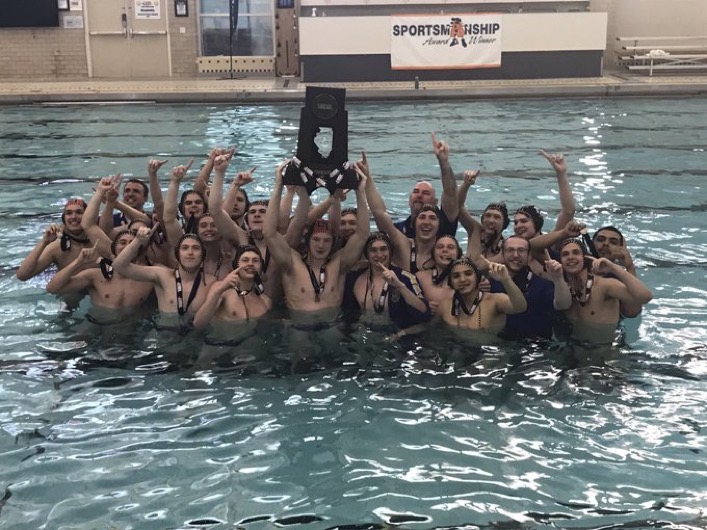
Water Polo | Lyons boys win third state title; girls finish 3rd
Spread the loveBy Jeff Vorva Correspondent The best matchup of the IHSA boys water polo state tournament was arguably in the quarterfinals. That battle between Lyons and New Trier could have been considered the real state championship match. But no matter what, the Lions are state champions. Heading into the postseason, Lyons had just three…
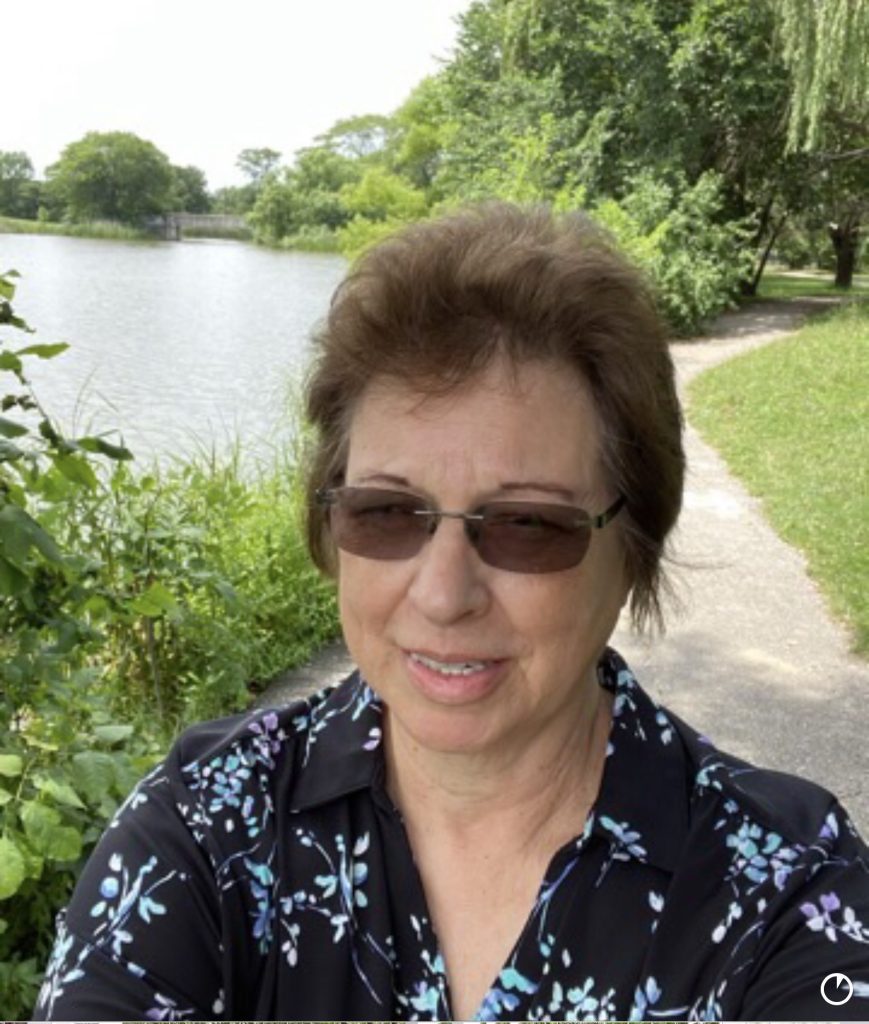
Golf is for all at Marquette Park
Spread the love. Kathy Headley Your correspondent in Chicago Lawn and Marquette Manor 6610 S. Francisco • (773) 776-7778 . Last week we began by talking about how golf season is in full swing at Marquette Park. What if you have thought about playing, but have never played before? There are three programs at Marquette,…

Legislation to acquire new police district facility on Southwest Side passes General Assembly
Spread the love. Porfirio, Guerrero-Cuellar measure heads to Pritzker’s desk . From staff reports State Senator Mike Porfirio (D-11th) and State Rep. Angelica “Angie” Guerrero-Cuellar (D-22nd) recently passed legislation in the General Assembly to acquire a new police district facility representing their districts on the Southwest Side. The bill passed both chambers with veto-proof margins.…

Lyons water polo teams splash to state
Spread the loveBy Jeff Vorva Correspondent Both of Lyons water polo team qualified for the state quarterfinals. Lyons’ girls water polo team won its own sectional by beating Mother McAuley, 13-9, in the title game on May 11. The Lions will face York in the state quarterfinals on May 17 at Stevenson High School in…

IHSA announces postseason assignments for baseball, softball, girls soccer
Spread the loveBy Jeff Vorva Correspondent The IHSA has announced the Class 3A and 4A baseball seeds were revealed and Nazareth, which is seeking its third straight state championship will have to do it in Class 4A after winning two straight in 3A in 2022 and 2023. The Roadrunners drew the top seed at the…
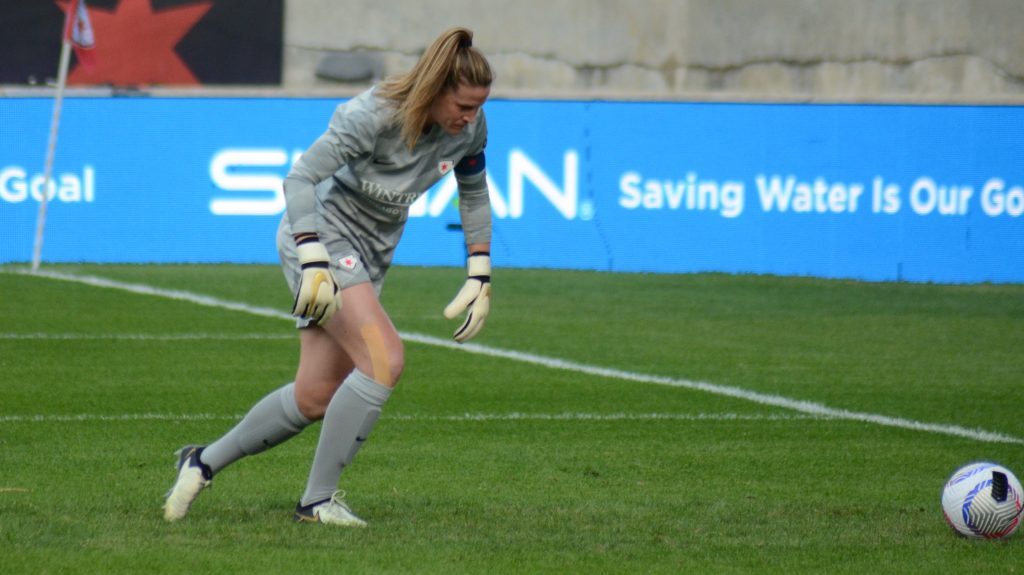
Red Stars win at home again, Naeher hurt
Spread the loveBy Jeff Vorva Correspondent The NWSL released a fun fact that is pretty darn fun for Chicago Red Stars fans. This year’s version of the Red Stars opened the season 3-0-1, scoring 10 points in the first four road games. They were the fourth team in league history to do that. According to…
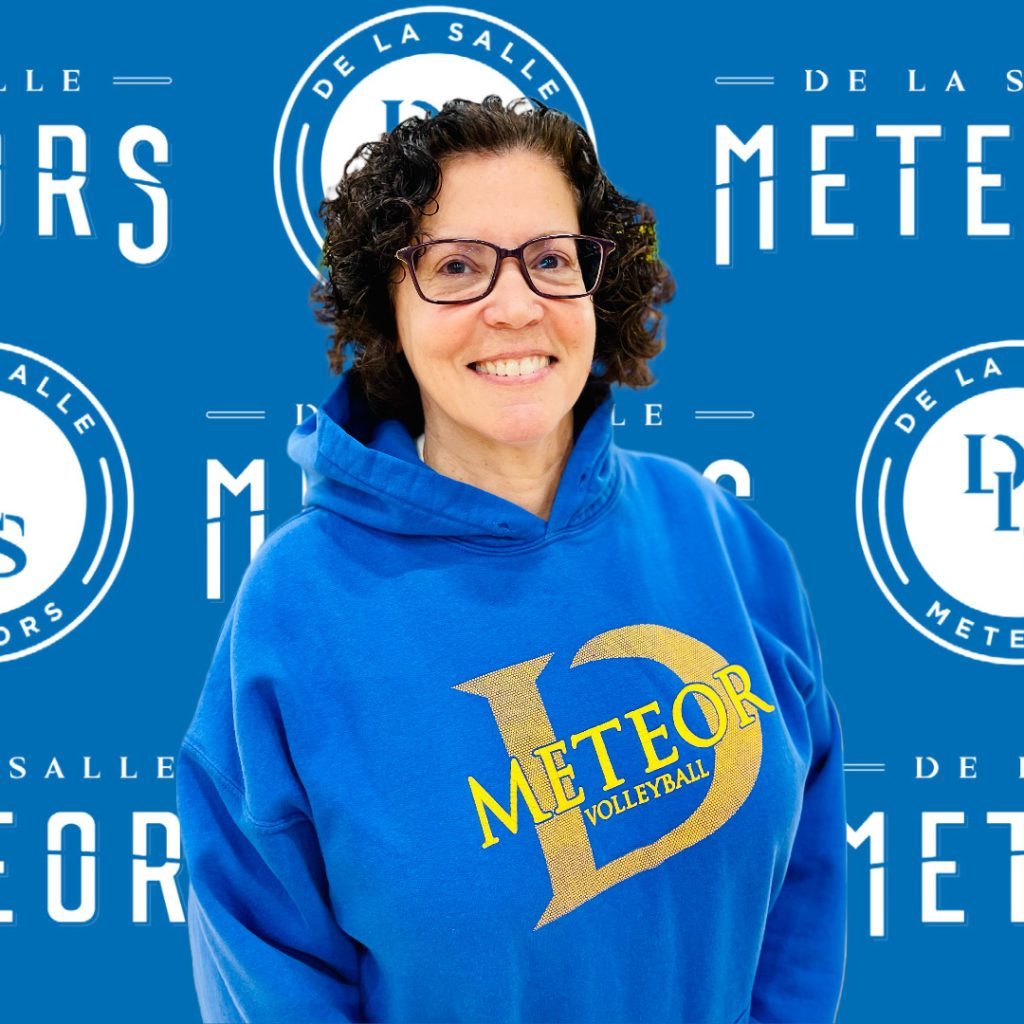
Hall of Fame volleyball coach Anna Marassa coach calls it a career
Spread the loveBy Jeff Vorva Correspondent Hall of Fame volleyball coach Anna Marassa is retiring. Marassa is the only girls volleyball coach in De La Salle’s history as she headed up the program in 2002 and racked up 538 victories, 10 regional championships and four sectional titles. She is also the boys coach and wraps…
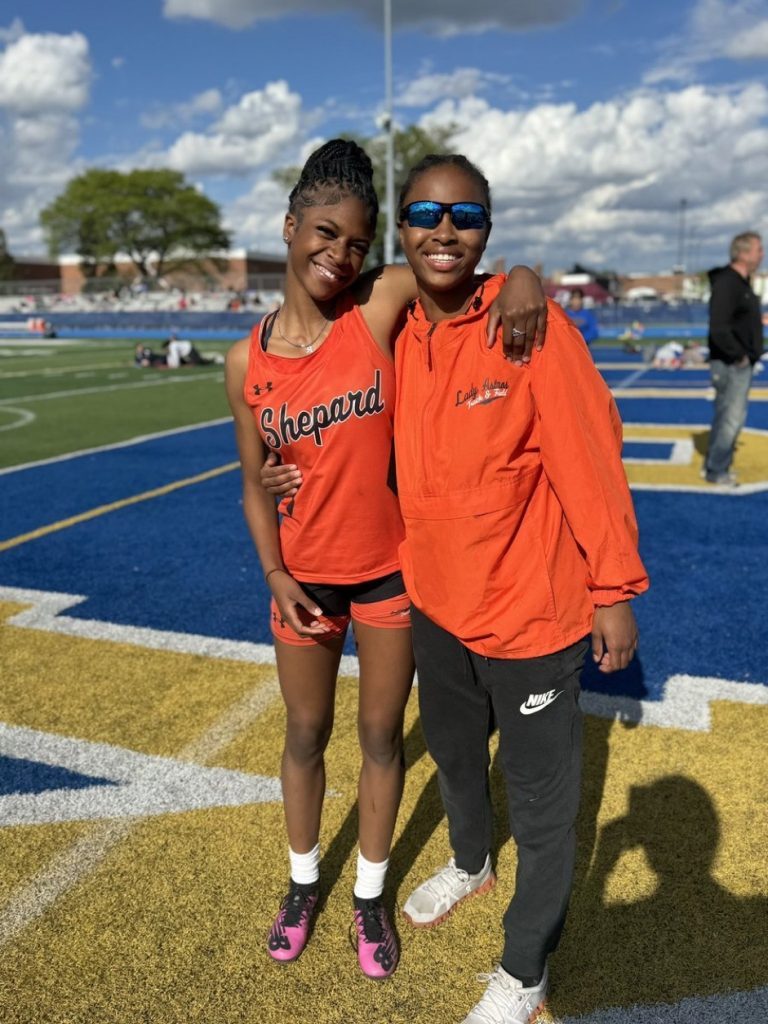
Girls Track | Shepard’s Kyla Motley wins three titles at Lyons Sectional
Spread the loveBy Jeff Vorva Correspondent Shepard junior track star Kyla Motley was a sectional champion in three events for the second year in a row. Motley won the 100 high hurdles with a time of 15.31, the long jump with an 18-2.5 effort, and the triple jump with a 36-9 at the Class 3A Lyons…
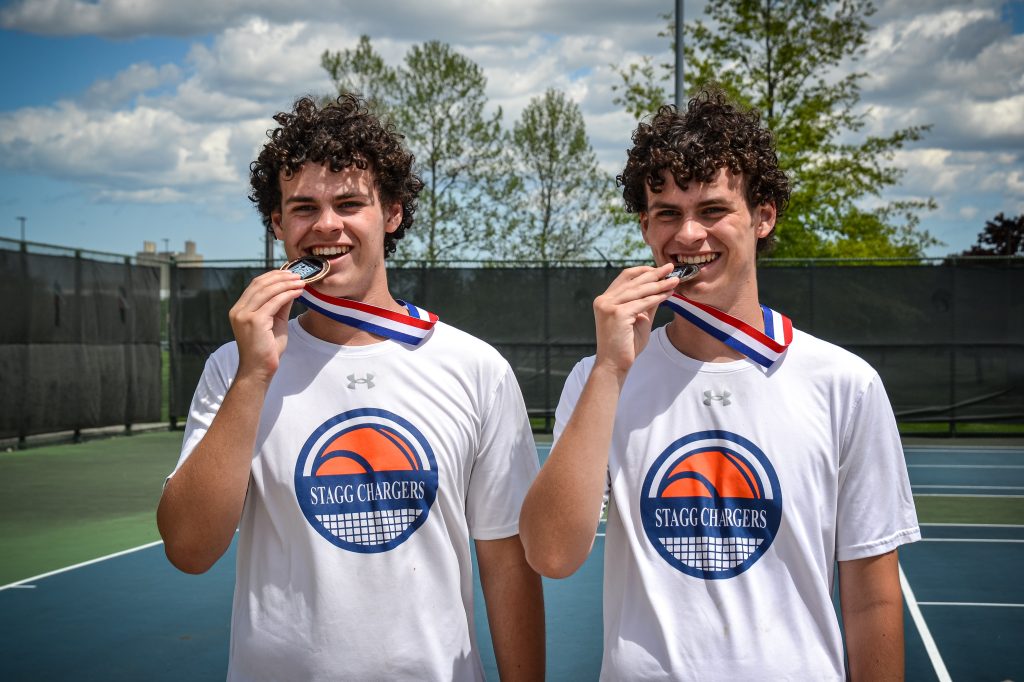
Boys Tennis | Stagg takes third at final SWSC Red tourney
Spread the loveBy Xavier Sanchez Correspondent Saturday blue skies cleared the way for the final SouthWest Suburban Conference boys tennis matches as Stagg hosted Andrew, Lincoln-Way Central, and Lincoln-Way West at Moraine Valley Community College. The Chargers started the season losing five of their first games but finished the regular season 10-10-1. They finished third…
Neighbors
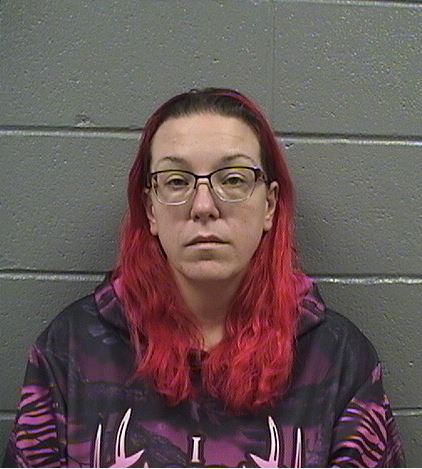
Woman sentenced in 2003 murders of newborn twins
Spread the loveFrom staff reports A 44-year-old woman, charged in the 2003 deaths of her newborn twins following an extensive cold case investigation by Cook County Sheriff’s Police, has been convicted of murder. On May 8, Cook County Sheriff Thomas J. Dart announced that Antoinette Briley pled guilty to murder at the Bridgeview Courthouse and…

McCook approves ‘preventive’ rodent control program
Spread the loveBy Steve Metsch The McCook Village Board earlier this month approved what Mayor Terrance Carr calls “preventive maintenance.” The board on May 6 unanimously approved paying Rose Pest Solutions $12,000 for a 10-week rodent control program throughout the village. It’s not that the McCook now has a rat problem, Carr said. It’s that…
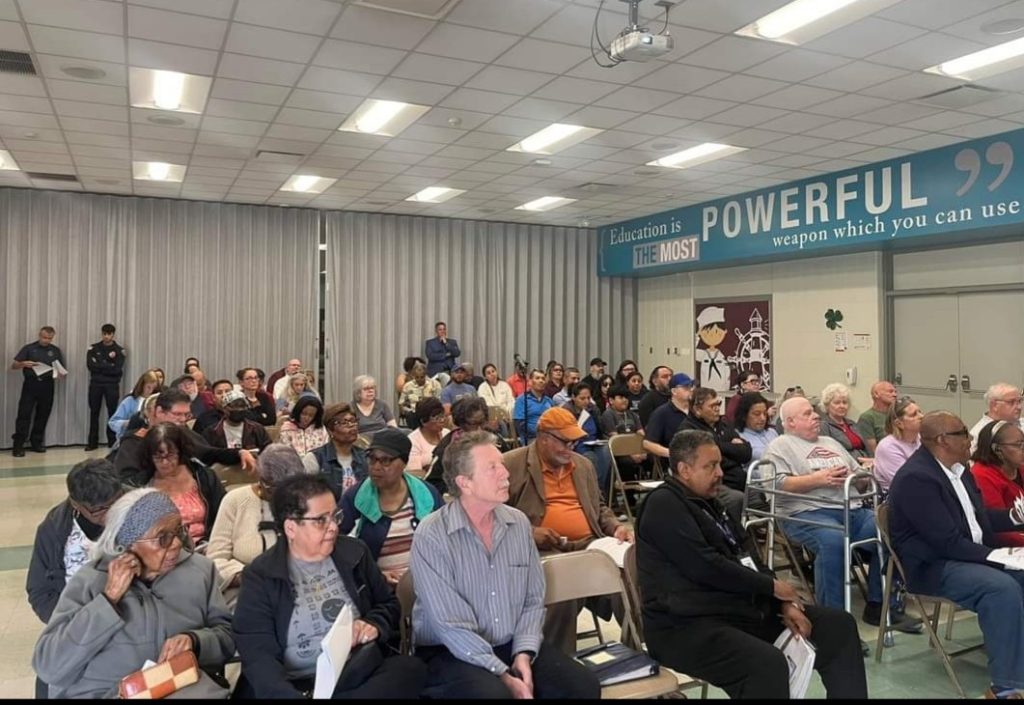
Summit, property owners discuss apartment inspections
Spread the loveBy Carol McGowan Nearly 75 people attended a community meeting last Wednesday evening in the multi-purpose room of Graves School to learn about changes coming to the village. Three topics highlighted the meeting. Rental property inspections, lead line replacement, and replacing the 74th Avenue pedestrian bridge. Mayor Sergio Rodriguez tackled the controversial rental…

Tollway to hand out free transponder stickers in Justice
Spread the loveBy Carol McGowan Earlier this year, the Illinois Tollway began phasing out the plastic I-Pass transponder and introduced a sticker tag that goes on your vehicle’s windshield. If you’re still using a transponder, or want to get a new sticker, the Village of Justice is the place to be on Saturday, June 8.…
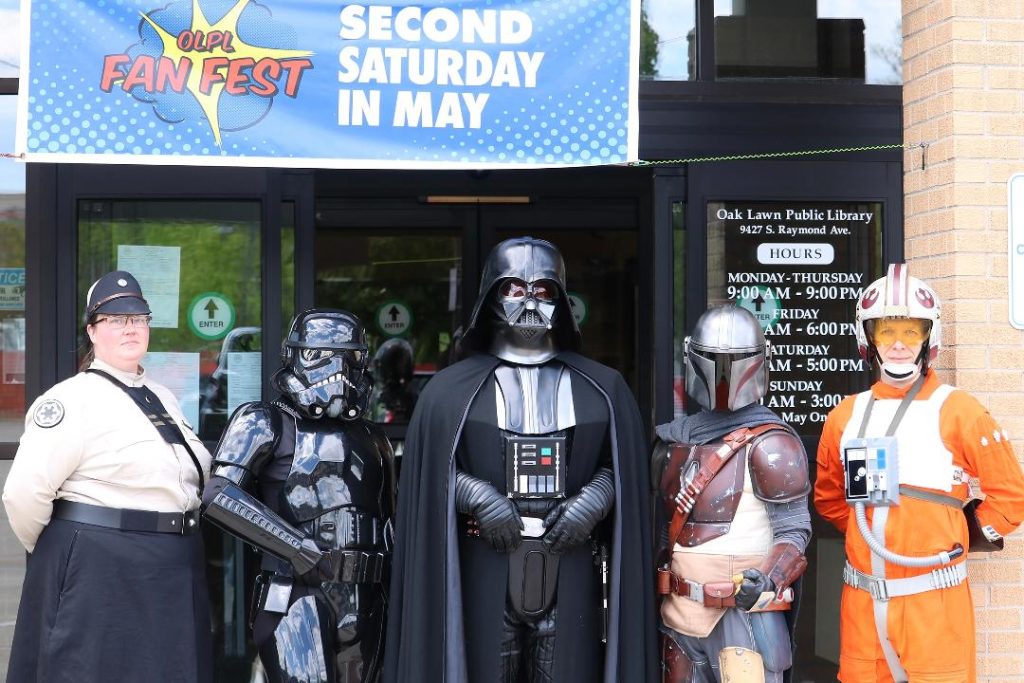
Oak Lawn Library draws a crowd with Fan Fest
Spread the loveBy Kelly White Comic book lovers gathered together in one common space earlier this month. Oak Lawn Public Library hosted its eighth annual Fan Fest, an all-ages celebration of pop culture, on May 11 at the library, 9427 S. Raymond Avenue. “It’s wonderful to see the community come together in celebration of shared…
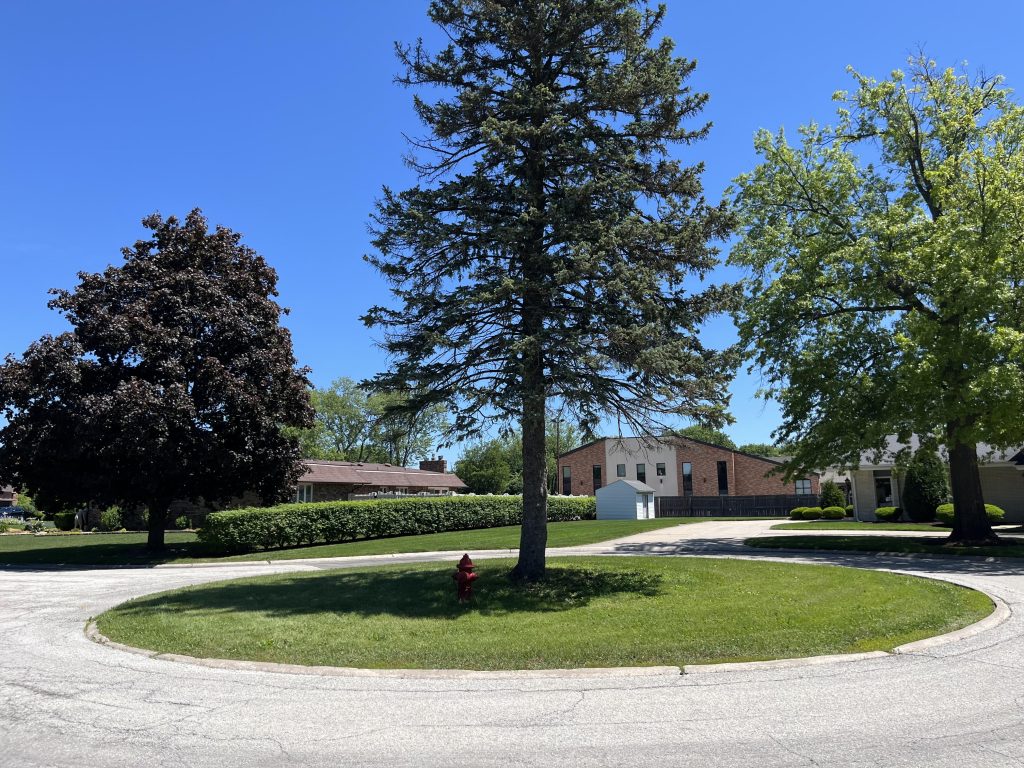
Navajo Hills residents want to save threatened cul-de-sacs
Spread the loveBy Nuha Abdessalam Navajo Hills greenspace islands could be getting the ax and residents are upset. Residents of the East and West Courts of Navajo Hills, aware of the historical significance of the greenspace, spoke up during the Palos Heights City Council meeting May 21. There are five cul-de-sacs in the Navajo Hills…
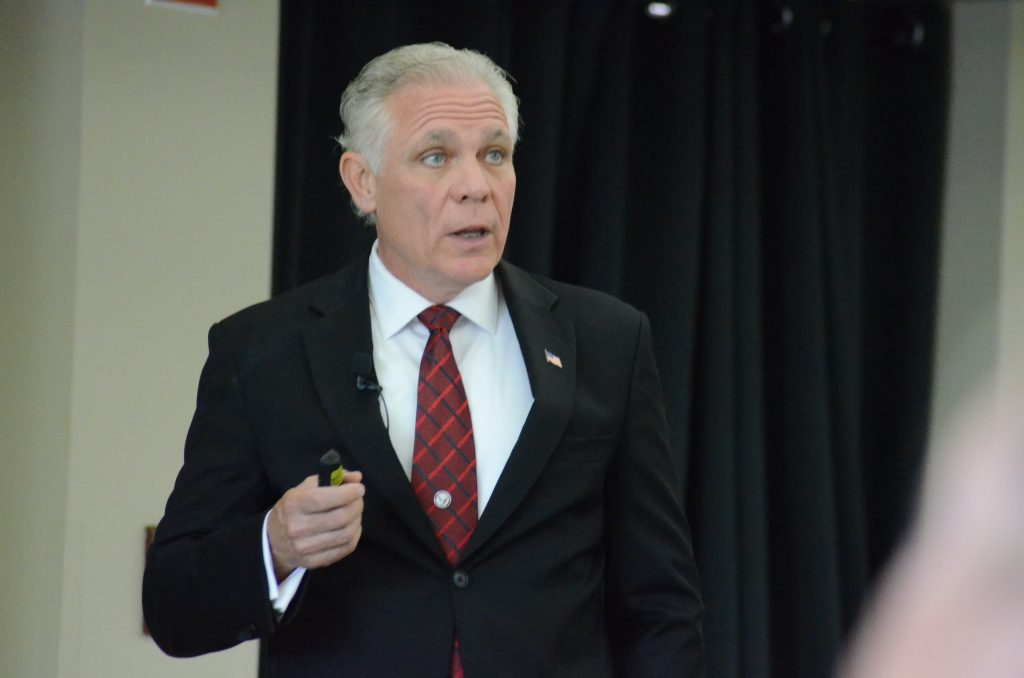
Nerds and bullies among topics of Orland’s State of the Village
Spread the loveBy Jeff Vorva The 2024 Orland Park State of the Village Address was held at the Orland Park Civic Center, but it could have been held on a playground with talk of nerds and bullies and cool kids. Mayor Keith Pekau spent the first half hour “ripping off the Band Aid” of some…







